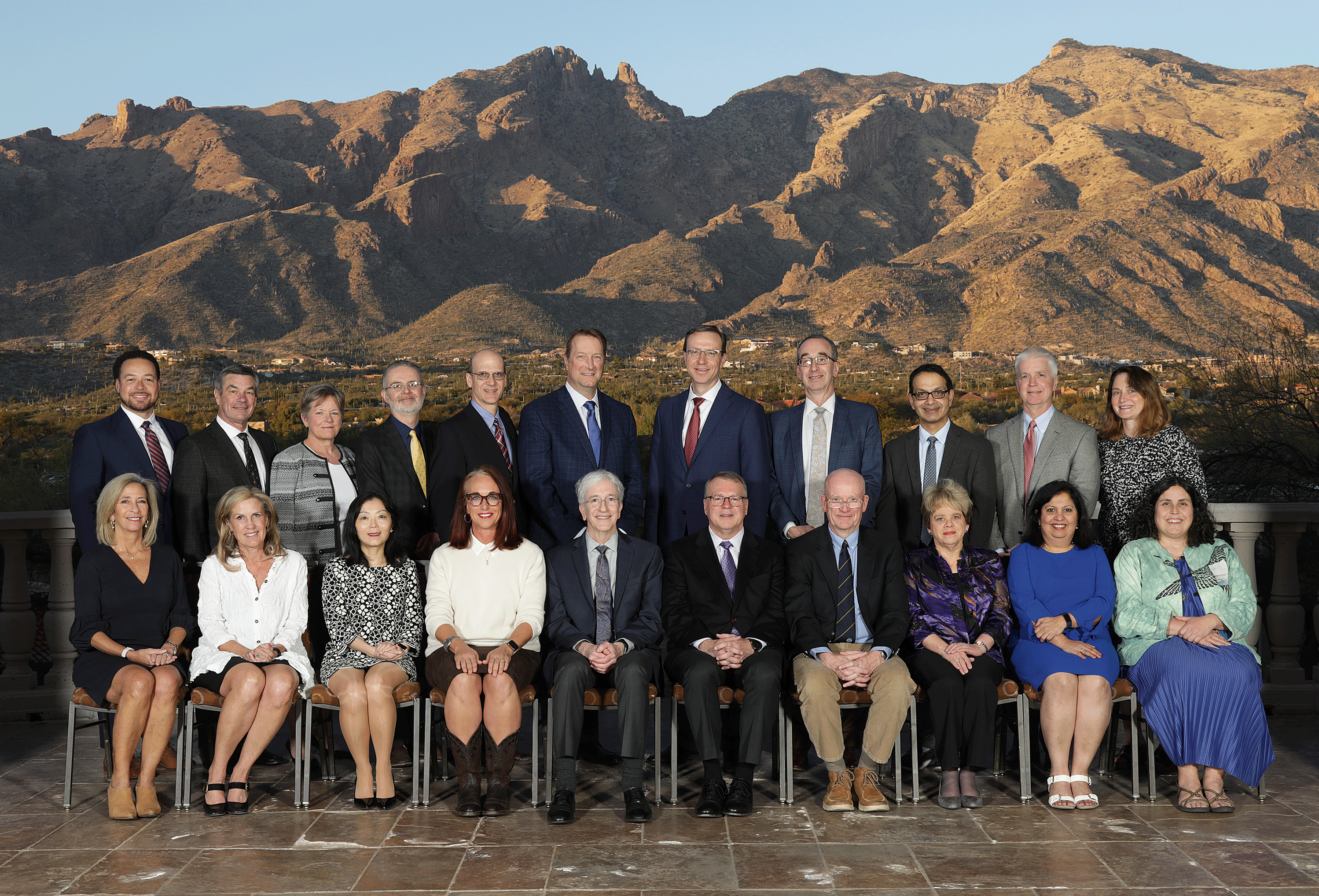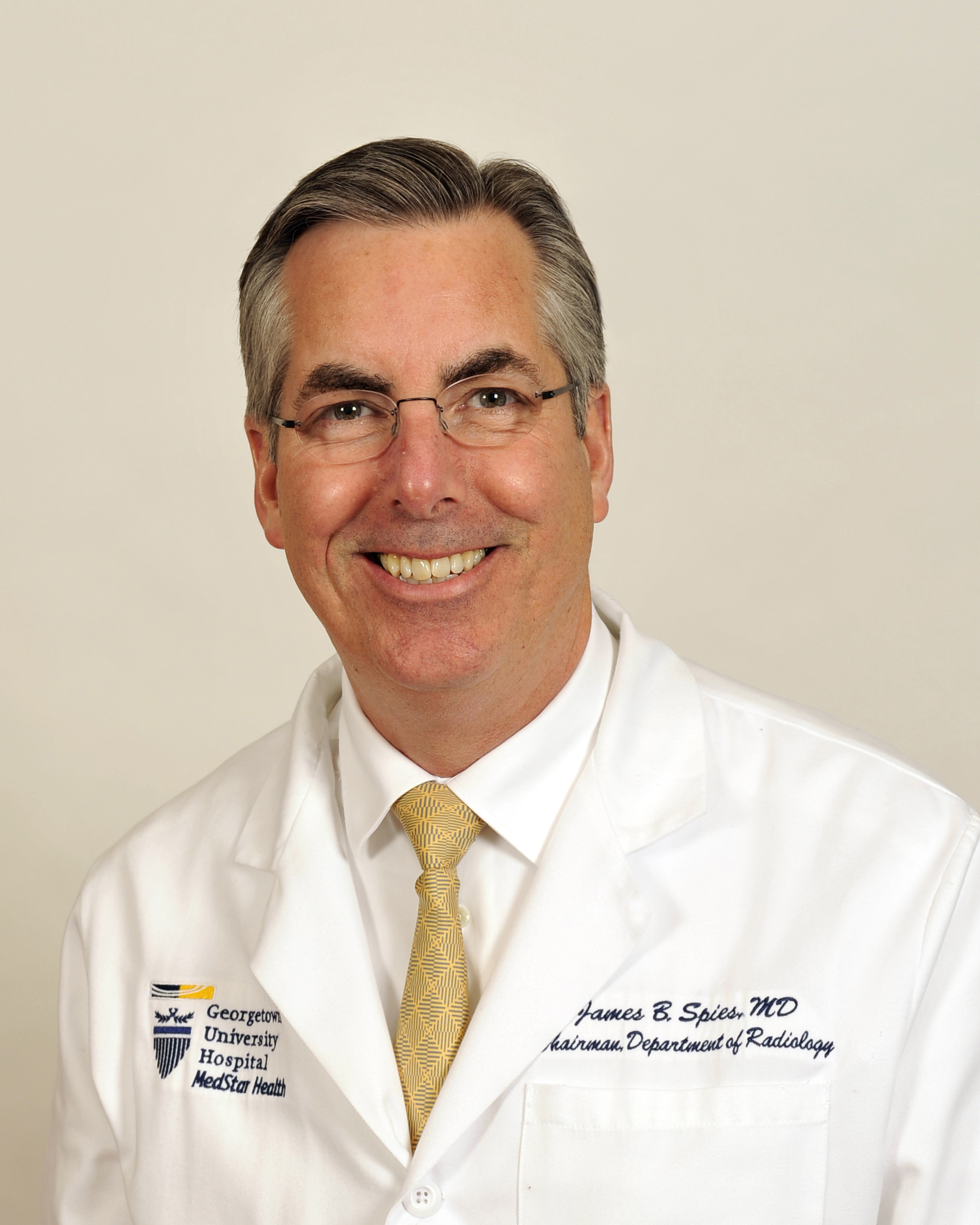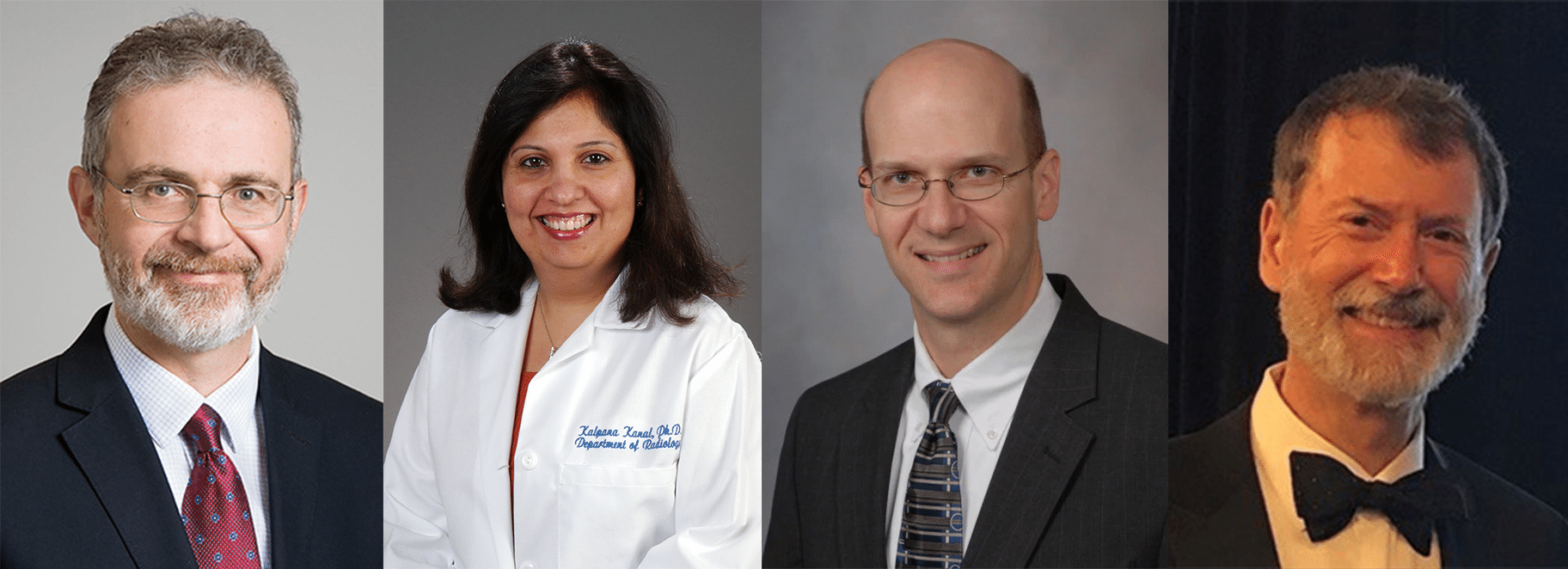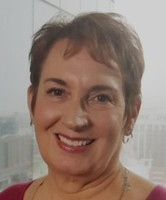April 2022 | Volume 15, Issue 2

ABR Board, February 2022. Back row (left to right): Paul J. Rochon, MD; J. Anthony Seibert, PhD; Mary S. Newell, MD; Matthew B. Podgorsak, PhD; Robert A. Pooley, PhD; Brian J. Davis, MD, PhD; David B. Larson, MD; Christopher P. Wood, MD; Sanjeev Bhalla, MD; Stephen F. Simoneaux, MD; Pamela Propeck, MD. Front row (left to right): Desiree E. Morgan, MD; Catheryn Yashar, MD; Andrea K. Ng, MD, MPH; Cheri L. Canon, MD; Robert M. Barr, MD; Vincent P. Mathews, MD; Donald J. Flemming, MD; M. Elizabeth Oates, MD; Kalpana M. Kanal, PhD; Anne M. Covey, MD. Not pictured: M. Victoria Marx, MD; John M. Suh, MD; Toby A. Gordon, ScD; John A. Kaufman, MD; Kaled M. Alektiar, MD.

ABR Welcomes Feedback to Improve Services to Candidates and Diplomates
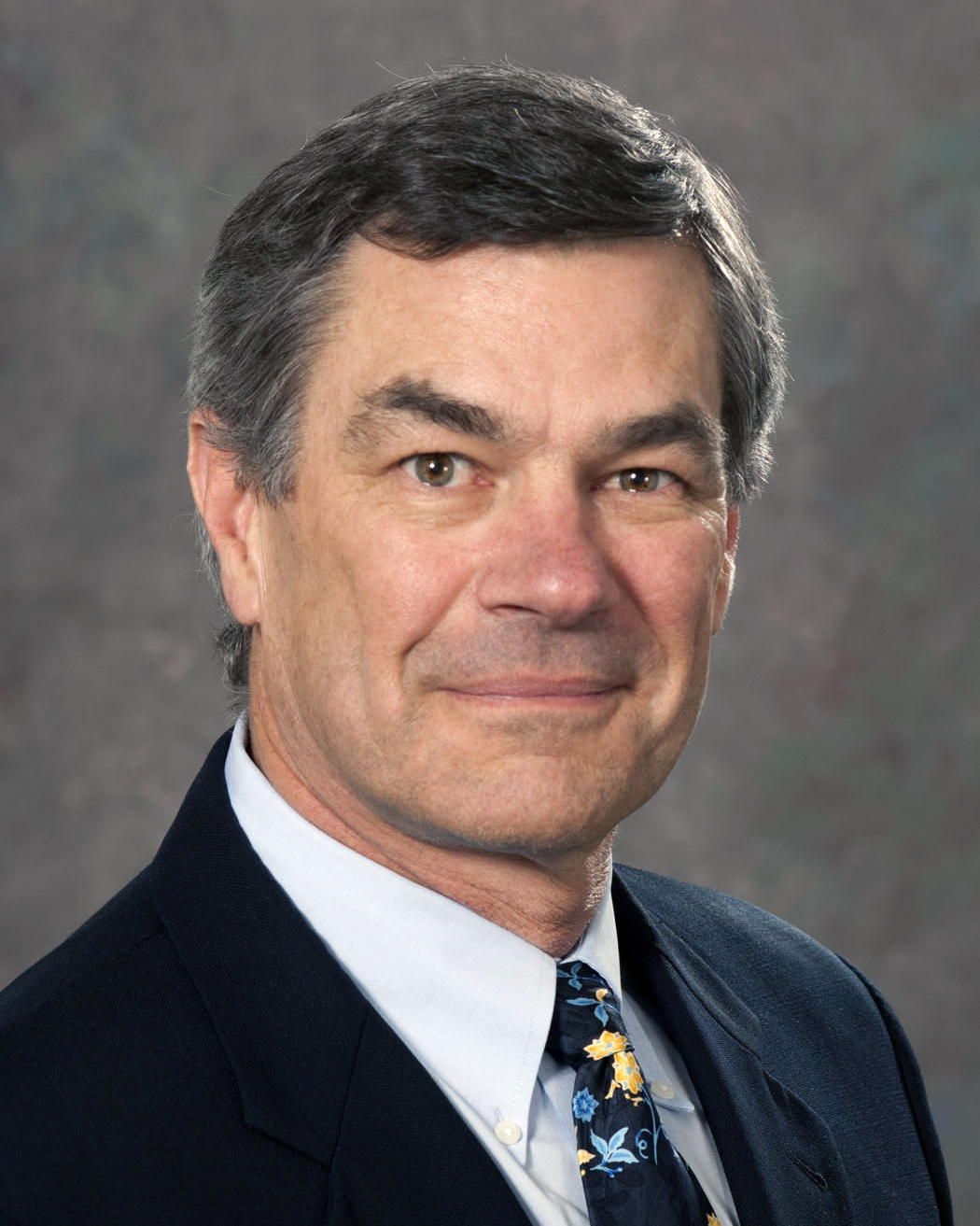
By J. Anthony Seibert, PhD, ABR Governor
2022;15(2):1
Welcome to the spring edition of The Beam.
In this issue, President Vince Mathews reports on the ABR Town Halls held in late February, where individual meetings for all four specialties provided a platform for candidates and diplomates to bring up issues and questions for discussion. As explained by Dr. Mathews, the feedback received will be used by the Board of Governors, the Board of Trustees, and ABR volunteers and staff to improve and streamline the Initial and Continuing Certification programs.
In the Executive Director message, Brent Wagner explains modifications to the training verification form for teaching programs and program directors across the four disciplines certified by the ABR and describes the rationale for institutions being responsible for confirming satisfactory achievement in areas of practice beyond the scope of a standardized exam.
From the Board of Governors, Dr. Wagner discusses initiatives he and the ABR staff presented to the BOG during the winter Board meetings to address needed updates, improve transparency, and increase efficiency for processes that directly support our candidates and diplomates.
Click HERE to read more.

Town Hall on Continuing Certification Addresses OLA Content and Potential Future Enhancements
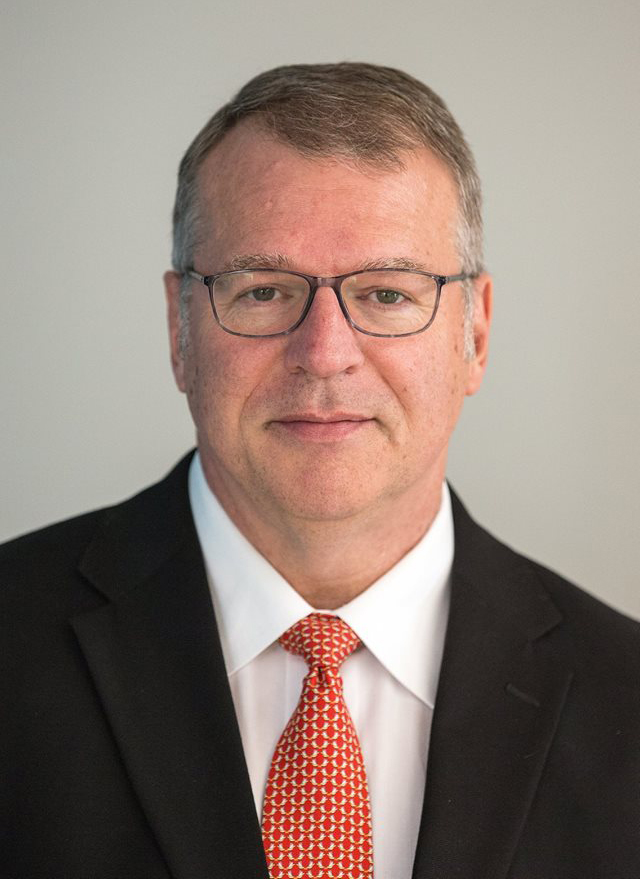 By Vincent P. Mathews, MD, ABR President
By Vincent P. Mathews, MD, ABR President
2022;15(2):2
In February, the ABR hosted four town halls, open to the profession and the public, that allowed a forum for individuals to raise diverse questions and concerns regarding our programs. Overall, hundreds of candidates and diplomates joined us for a brief update and subsequent Q&A. The first session focused on Continuing Certification (MOC) and the three subsequent sessions were intended to allow discussion, specific to the individual disciplines, of questions regarding Initial Certification.
In the session on Continuing Certification, there were many questions regarding Online Longitudinal Assessment (OLA) and the subjectivity in attempting to standardize an understanding of “walking around knowledge.” The attendees were reminded that the ABR staff does not develop OLA questions; instead, volunteer colleagues from diverse practice environments create and curate the items. The individual members of these committees consistently challenge each other to maintain reasonable expectations for the participating diplomate; moreover, the Angoff rating system, as performed by the diplomate participants themselves, is the mechanism used to establish a fair and reasonable passing standard. The committees strive to represent reasonable breadth and depth of clinical knowledge while, at the same time, emphasizing information that fits the ABR’s working definition of “walking around knowledge”: knowledge that a typical radiologic professional would need in order to provide general clinical services without having to access reference texts or consult with a colleague. Many of our diplomates take advantage of the comment field to rate the appropriateness of particular items or subject matter; we encourage such feedback and apply this in future sessions as the content committees attempt to balance the coverage of the domain with an assessment of reasonably common problems in clinical practice.
Click HERE to read more.

Training Verification Form Now References Core Competencies
 By Brent Wagner, MD, MBA, ABR Executive Director
By Brent Wagner, MD, MBA, ABR Executive Director
2022;15(2):3
To patients, ABR board certification is a credential that represents extensive training and the attainment of knowledge by individual radiologic professionals. The path to board certification recognizes the complementary roles of the residency programs (and mentors and teachers) and the ABR (as a standard-setting organization). The training element is the responsibility of the programs and the respective accrediting bodies (the ACGME, CAMPEP, and the RCPSC). The board exams are intended to assess competence at the time of Initial Certification by a standardized measure of the requisite breadth and depth of knowledge of important concepts across the domain of the individual’s intended independent practice. Currently, board certification includes a continuing component that involves elements of professionalism, a commitment to lifelong learning, practice improvement efforts, and the assessment of knowledge and potential knowledge gaps in the evolving practice of the field.
Click HERE to read more.

ABR Board of Governors Supports Culture of Excellence
 By Brent Wagner, MD, MBA, ABR Executive Director
By Brent Wagner, MD, MBA, ABR Executive Director
2022;15(2):4
At the Board of Governors (BOG) meeting in early February, the staff and I presented an initiative to address several process updates that are needed to directly support our candidates and diplomates. Much of the initiative relates to the IT infrastructure that underpins a broad range of customer service functions, including our attempts to optimize the interactions that individuals have through our website. Consistent with these efforts, the BOG supports a forward-looking approach, including our pursuit of “a culture of excellence.” Overall, our goals are to enhance service to our candidates and diplomates; automate and standardize our processes; and increase our efficiency. As you may know, many of our day-to-day tasks are complicated, which can lead to confusion for our candidates. By increasing transparency around these processes, we hope to decrease frustration and improve understanding.
The Board approved changes to the language of the Continuing Certification (MOC) Part 4 requirement for Participatory Quality Improvement Activities to include “peer learning” as well as “peer review,” acknowledging the evolution for many clinical practices in this regard. In addition, acknowledging the ABMS standards for “improving health and health care,” activities in support of improving health equity may also be used to satisfy the Part 4 requirement, recognizing that such activities would reasonably support “practice quality improvement.”
Click HERE to read more.

DR Diplomates Take Advantage of New OLA Practice Profile Options
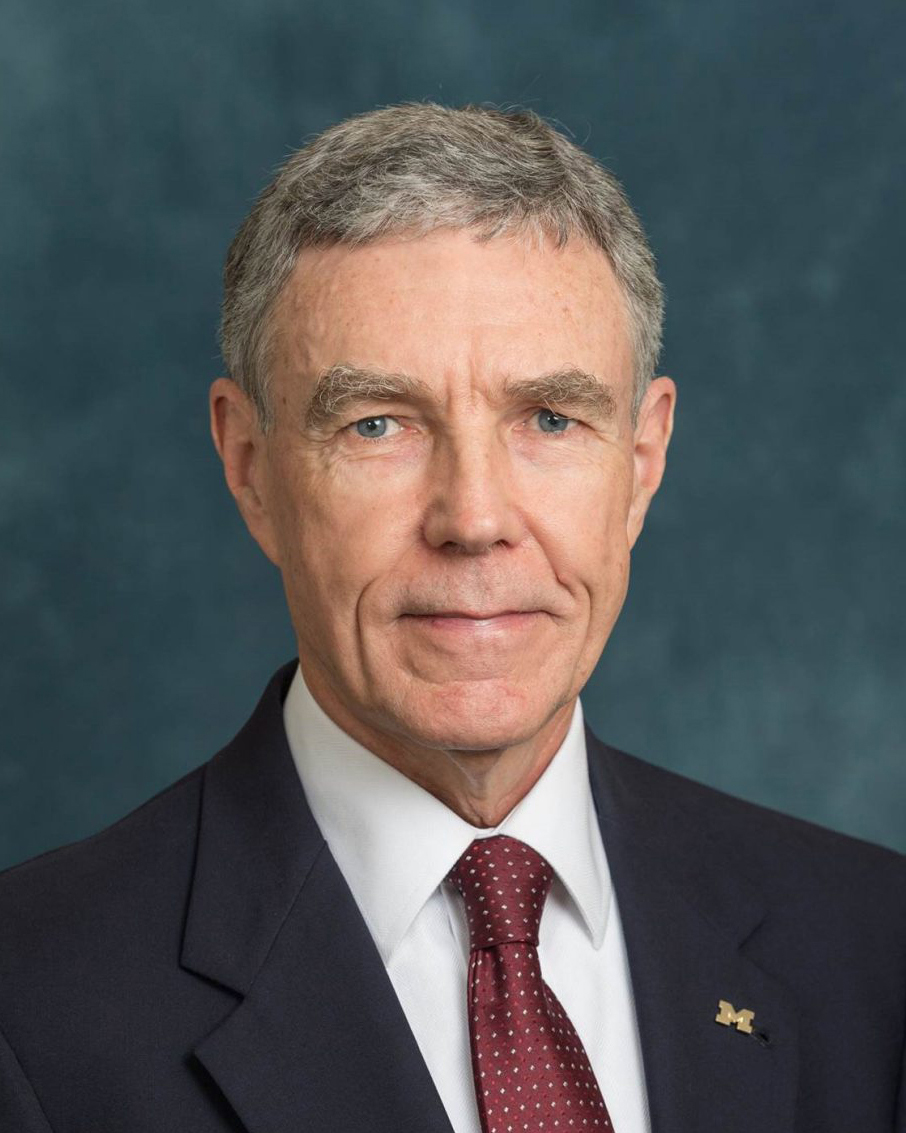 By N. Reed Dunnick, MD, ABR Associate Executive Director for Diagnostic Radiology
By N. Reed Dunnick, MD, ABR Associate Executive Director for Diagnostic Radiology
2022;15(2):5
We very much appreciate the comments made by radiologists participating in Online Longitudinal Assessment (OLA). These comments help us to keep OLA practical and pertinent.
In January, new rules went into effect that gave diplomates more options for configuring their practice profiles in OLA. Diagnostic radiology diplomates can now select up to four clinical practice areas (CPAs) and can divide the percentage of questions among them as they wish, as long as no area is less than 25% and all areas add up to 100%.
In addition, diplomates with a DR certificate and one subspecialty certificate can choose 25% of their OLA questions from a CPA other than their subspecialty.
The changes, which were made in response to diplomate feedback, have been popular. In the first quarter of 2022, 65% of DR diplomates have chosen a new practice profile. The CPAs “general diagnostic radiology” and “emergency radiology” are contained in 58% of profiles. Altogether, there are 1,357 different combinations of CPAs currently in use by DR diplomates.
Click HERE to read more.
New OLA Practice Profile Options Are Popular with IR Diplomates
By James B. Spies, MD, MPH, ABR Associate Executive Director for Interventional Radiology
2022;15(2):6
In January, new rules went into effect that gave diplomates more options for configuring their practice profiles in Online Longitudinal Assessment (OLA). Whereas previously, interventional radiology/diagnostic radiology diplomates had to select 100% IR content, they can now select up to two other clinical practice areas (CPAs). At least 50% of questions need to be from IR, and a minimum of 25% of content can come from each optional CPA.
This gives more flexibility in how a profile is configured and enables diplomates to have a profile that better matches their current practice.
The changes, which were made in response to diplomate feedback, have been popular. Although 59.5% of IR/DR diplomates participating in OLA have continued to select 100% IR content, there are now 91 other combinations of CPAs in use.
Click HERE to read more.

What Constitutes “Walking-Around Knowledge” for Medical Physics OLA Questions?
By Matthew B. Podgorsak, PhD, Kalpana M. Kanal, PhD, and Robert A. Pooley, PhD, ABR Trustees; and Geoffrey S. Ibbott, PhD, ABR Associate Executive Director for Medical Physics
2022;15(2):7
Most ABR diplomates participate in the Continuing Certification (MOC) program. Continuing Certification was adopted by the ABR in 2012 in compliance with the Continuing Certification program developed by the American Board of Medical Specialties.
One of the four components of Continuing Certification is Part 3: Assessment of Knowledge, Judgment, and Skills, which is met by most participants through Online Longitudinal Assessment (OLA). As of this writing, approximately 3,700 medical physicists are actively answering questions, which constitutes 98.8% of those enrolled in Continuing Certification. (Diplomates who opt out of OLA must pass a traditional exam every five years to maintain their certification.) More than 320 new diplomates (those who became certified after the oral exam last August) joined the program in January 2022.
OLA questions are intended to evaluate the participant’s “walking-around knowledge.” By this we mean that a medical physicist whose practice includes the clinical area addressed by the question will answer the question correctly most of the time without having to consult external references. Questions generally assume knowledge of common equations and constants but will provide values that would usually be looked up.
Click HERE to read more.

Radiation Oncology Certifying Exam Development and Administration
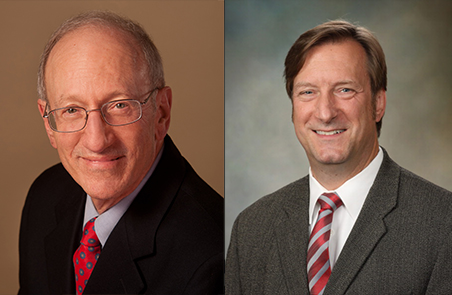 By Paul E. Wallner, DO, ABR Associate Executive Director for Radiation Oncology; and Brian J. Davis, MD, PhD, ABR Trustee
By Paul E. Wallner, DO, ABR Associate Executive Director for Radiation Oncology; and Brian J. Davis, MD, PhD, ABR Trustee
2022;15(2):8
The ABR strives to be transparent in exam development and administration procedures. Processes specific to radiation oncology (RO) exam development have been published.1-4 A recent RO Initial Certification (IC) Town Hall indicated significant knowledge regarding the qualifying exam (computer-based) parts, but some lack of understanding of the processes involved in developing the certifying (oral) exam. A manuscript detailing development and administration of the new remote exam platforms has been accepted for publication by the Journal of the American College of Radiology and should be available shortly, but that piece does not describe the creation of case material or examiner selection and candidate scheduling.
RO IC exam content is developed by eight clinical category committees. Each committee is divided into two teams: one responsible for submission and refinement of qualifying exam questions and the other tasked with submission and refinement of clinical case material for the certifying exams. The blueprint for exam weighting is created by the RO trustees, committee chairs, and ABR staff, based on disease incidence in the general population and involvement in management of that disease site or organ system by RO. Once submitted, cases are selected for the exam inventory, and image quality is reviewed by ABR staff. Text of clinical presentations is reviewed by senior volunteers and ABR editors for clarity and to remove extraneous material. The exam case material is then entered into appropriate sections of the remote exam platform in a distribution such that each exam session has different cases but similar topics.
Click HERE to read more.

What the ABR Has Taught Me About Healthcare Quality
By Toby Gordon, ScD, ABR Governor
2022;15(2):9
When asked if I would consider joining the ABR Board, I didn’t have to think twice before answering. While I had knowledge and experience in finance, management, and health policy, I knew I had a lot to learn. What is the “house of radiology”? Is there a list of acronyms I can study? I also had to do a deep dive into test design and get “walking around knowledge” about Angoff methods. The attraction for me was the chance to learn firsthand—so I can ultimately teach about it—the critically important role of professional medical organizations in ensuring quality in the U.S. healthcare system. While the public may hear about patient safety and malpractice matters or read doctor reviews on Yelp, the work of the myriad public and private entities that protect the public’s interest is not well understood even by people in healthcare. As I like to joke, I have a full employment guarantee as a professor of health policy and management to explain the competing priorities in achieving quality and access in the U.S. healthcare system.
First and foremost, what I want my students to understand is that the term “U.S. healthcare system” is a misnomer. There is no system, just loose parts flying in close formation. I call it the flying green spaghetti monster. No one person or entity is in charge. For quality oversight, we rely on federal agencies like the Food and Drug Administration, the Federal Trade Commission, and the Center for Medicare and Medicaid Services, and on state-level physician and hospital licensure authorities. But the mainstay of quality oversight nationally is the work done by professional medical organizations like the ABR and other ABMS Member Boards, the ACGME, and the colleges of each medical specialty. The founding principle of such organizations is professional autonomy to set and maintain standards to safeguard the public. They enjoy tax-exempt status with the IRS because they serve the public’s interest.
Click HERE to read more.
Pandemic Changes ABR Human Resources’ World
By Rodney Campbell, ABR Communications Manager
2022;15(2):10
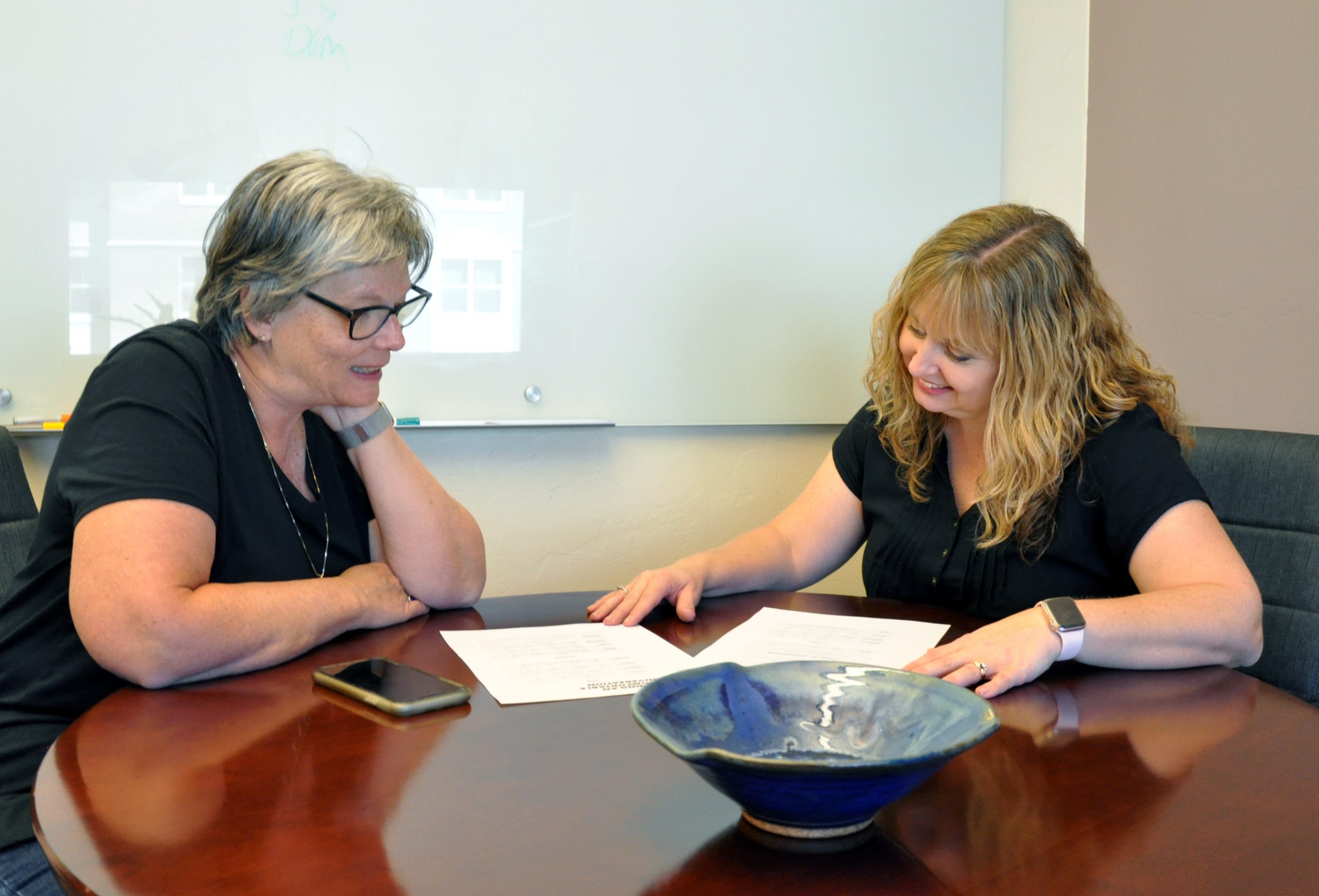
COVID-19 created a new reality for people around the world. The virus’ impacts have been beyond challenging for human resources teams, including the ABR’s.
Before March 2020, most ABR employees worked every day at the organization’s headquarters in Tucson. Remote work mostly was reserved for the exam editing team and a few employees who lived outside Arizona.
One devastating pandemic later, all that has changed. Some employees still come to the building but most work from home at least a few days a week. The HR team has had to expand its recruiting efforts nationally for select positions because the local market is limiting.
“Especially in the IT world, it’s gotten really difficult to find quality people at affordable salaries,” said ABR Managing Director Karyn Howard. “We’ve had to be willing to consider anybody in just about any state.”
Potential employees also are increasingly interested in fully remote work. ABR HR Manager Brooke Smith said an ongoing search for a finance position has been slow because the person will sometimes need to come to the office, limiting the search to Southern Arizona.
Click HERE to read more.
There’s Still Time to Get Started on OLA
2022;15(2):11
We’ve completed the first quarter of 2022. Have you started working toward meeting your Online Longitudinal Assessment (OLA) annual progress requirement?
While the system allows substantial flexibility regarding when diplomates should answer questions, anyone who hasn’t started participating yet this year or began and stopped should log in soon to avoid missing opportunities. Most participants must answer 52 questions every year they choose to maintain certification. Not all responses need to be correct; OLA passing standards are unique to each participant and based on the question-rating process.
Click here for more information. Anyone with questions should email information@theabr.org or call (520) 790-2900.
ABR Moves the Annual Medical Physics Part 1 Qualifying Exam to August, Beginning in 2023
2022;15(2):12
After discussions with and feedback from the Society of Directors of Academic Medical Physics Programs (SDAMPP) regarding the timing of the annual Medical Physics Part 1 Qualifying Exam, now given in January, the ABR will move the exam date to August. In 2023, the Part 1 exam will be delivered in January and additionally in August. In subsequent years, it will be offered only in August.
A survey questionnaire regarding this topic was delivered by SDAMPP to 66 medical physics graduate programs, 45 of which responded. Based on the survey results, the SDAMPP board voted unanimously to recommend the August exam date and communicated this to the ABR medical physics trustees in early 2022. The recommendation was forwarded to the Board of Governors, who approved it at the annual winter meeting.
The ABR appreciates the open communication with its stakeholders and strives for transparency in its decisions. Interactions between SDAMPP and the ABR are continuing in an effort to improve graduate training programs’ understanding of the topics and scope of the Part 1 exam. In addition, the ABR will provide exam results to program directors to help identify gaps in candidates’ training and knowledge.
Exam Schedule for 2023 Announced
2022;15(2):13
The computer-based and oral exam schedule for next year is now available. All exams will again be held remotely. For further information, please visit the calendar pages for diagnostic radiology, interventional radiology, medical physics, and radiation oncology.
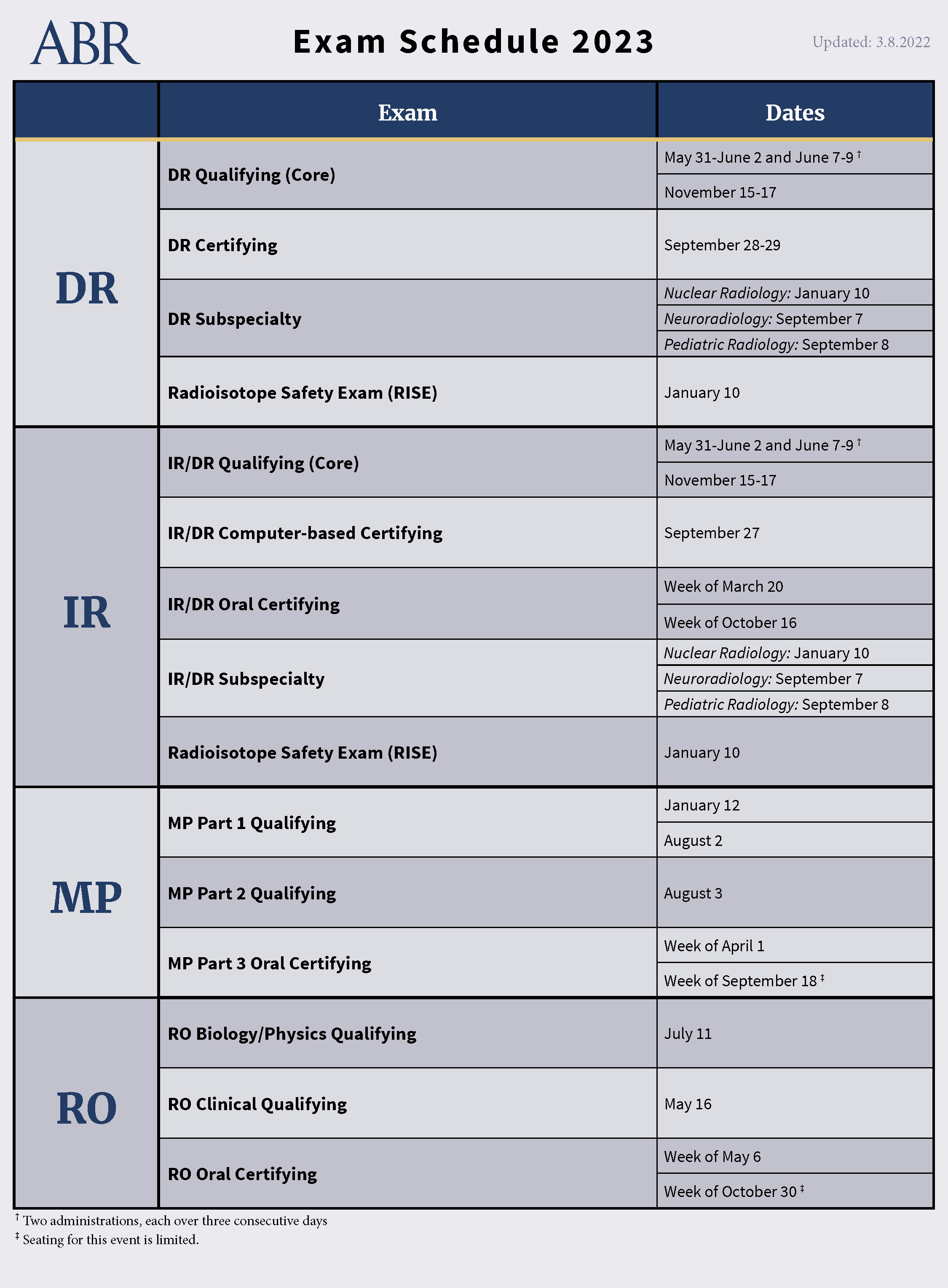
Visit the ABR at a Society Meeting
2022;15(2):14
We’re delighted to announce that representatives from the ABR will be at the following meetings. Have questions? Stop by our booth!
American Roentgen Ray Society (ARRS), New Orleans, LA, May 1-5
American Society of Neuroradiology (ASNR), New York, NY, May 16-18
Society of Interventional Radiology (SIR), Boston, MA, June 11-16
American Association of Physicists in Medicine (AAPM), Washington, DC, July 10-14
American Society for Radiation Oncology (ASTRO), San Antonio, TX, October 23-26
Radiological Society of North America (RSNA), Chicago, IL, November 27-December 1

March 29 Blog
ABR Eliminating SA-CME Requirement for OLA Participants
March 25 Blog
AU-E Designation Process Changing at End of 2023
March 21 Blog
Preparation Pays Off with a Match Day to Remember
March 15 Blog
Physicians Can Improve Patient Care Through #Advocacy
March 2 Blog
Town Hall Recordings Posted on Our YouTube Page
February 23 Blog
Work Has Only Just Started Toward Diversifying Medicine


